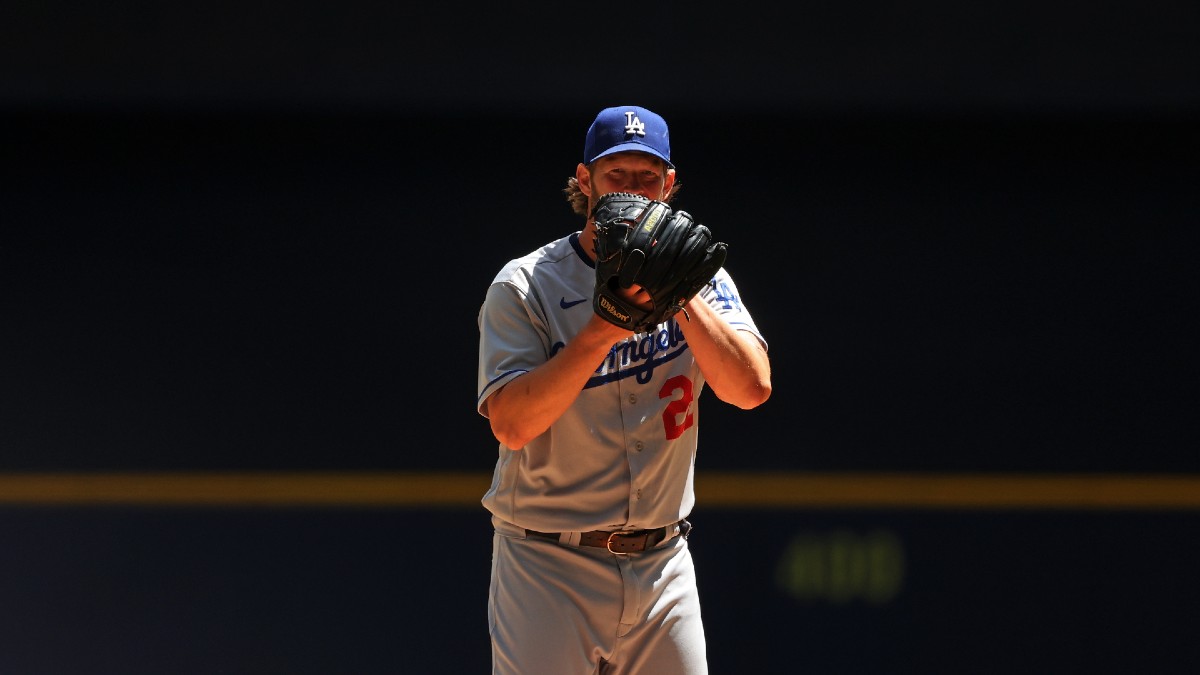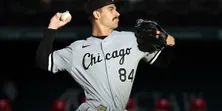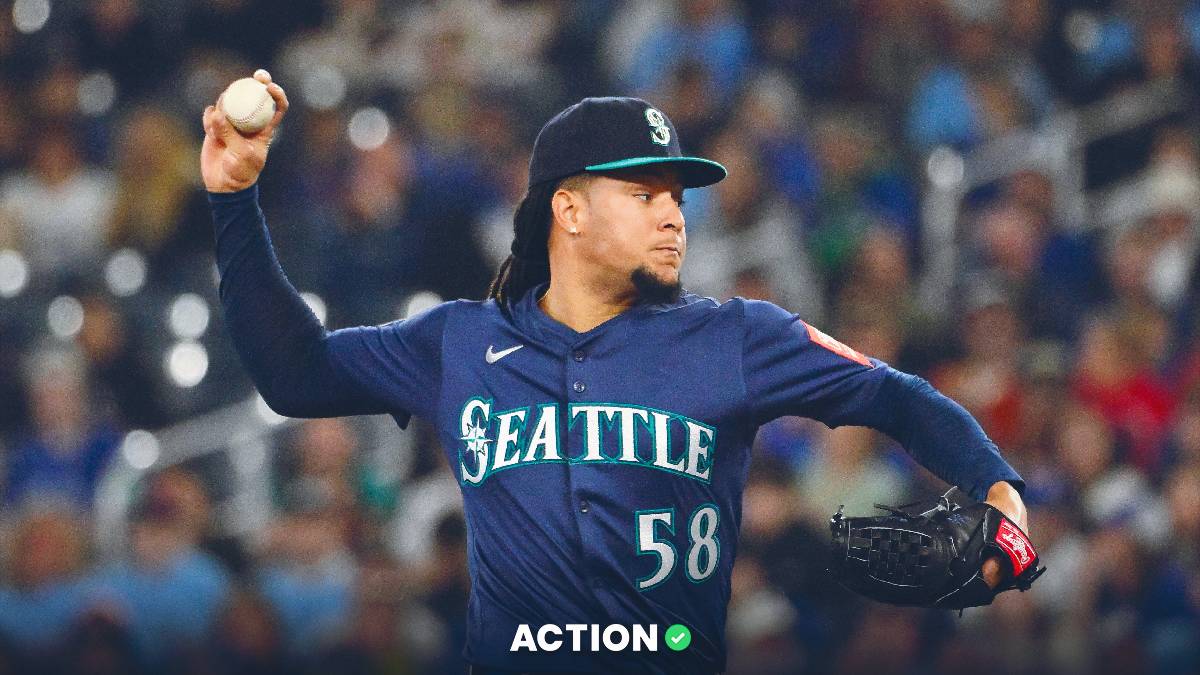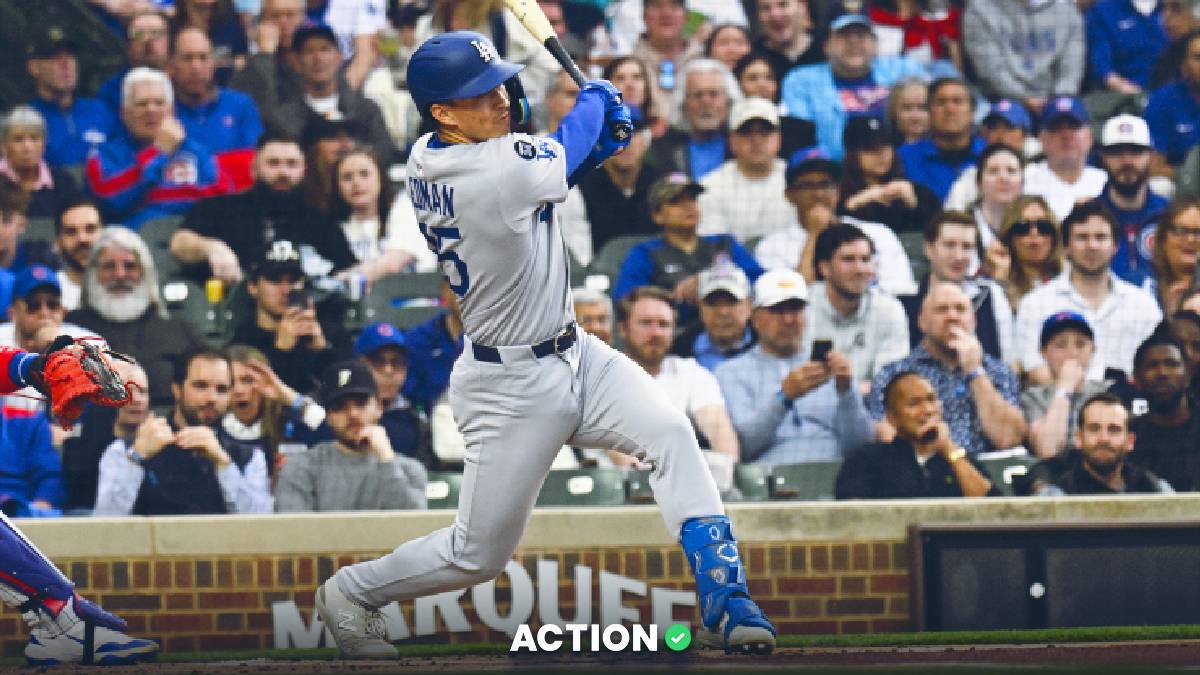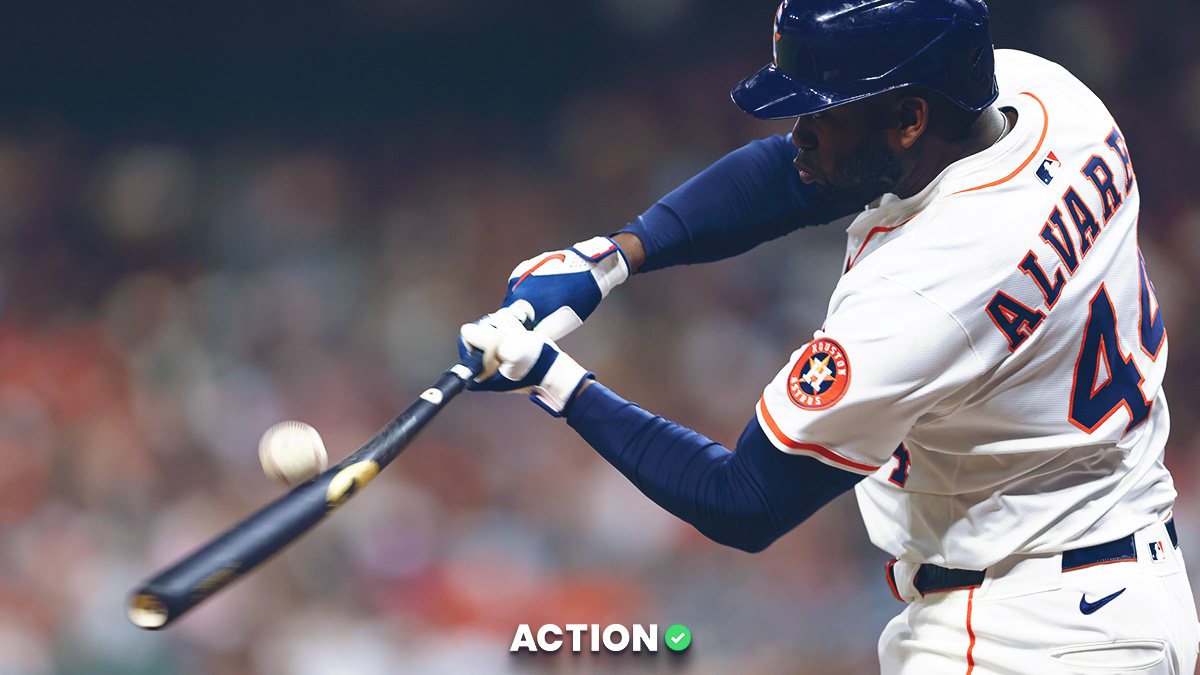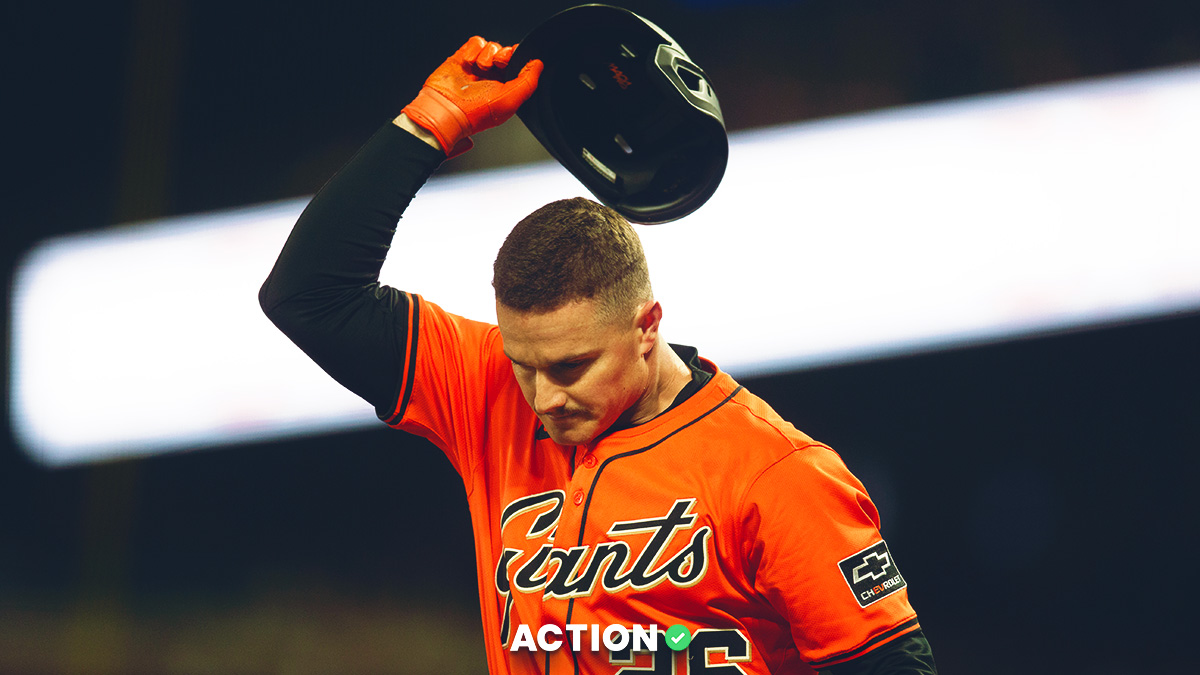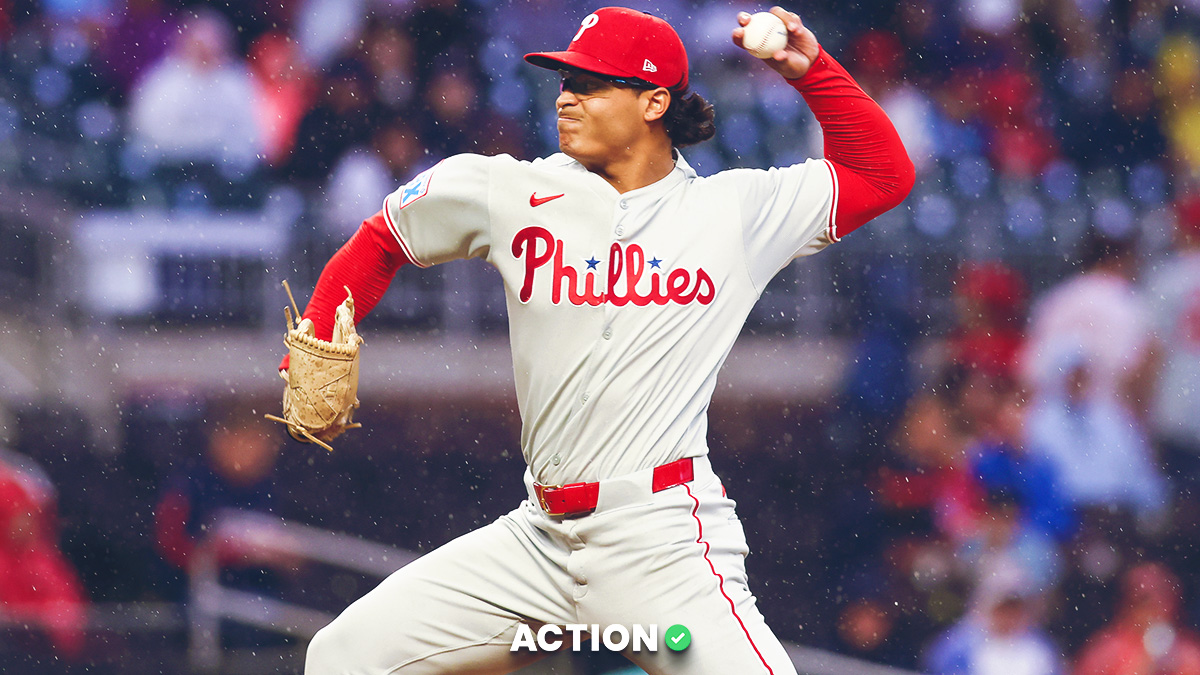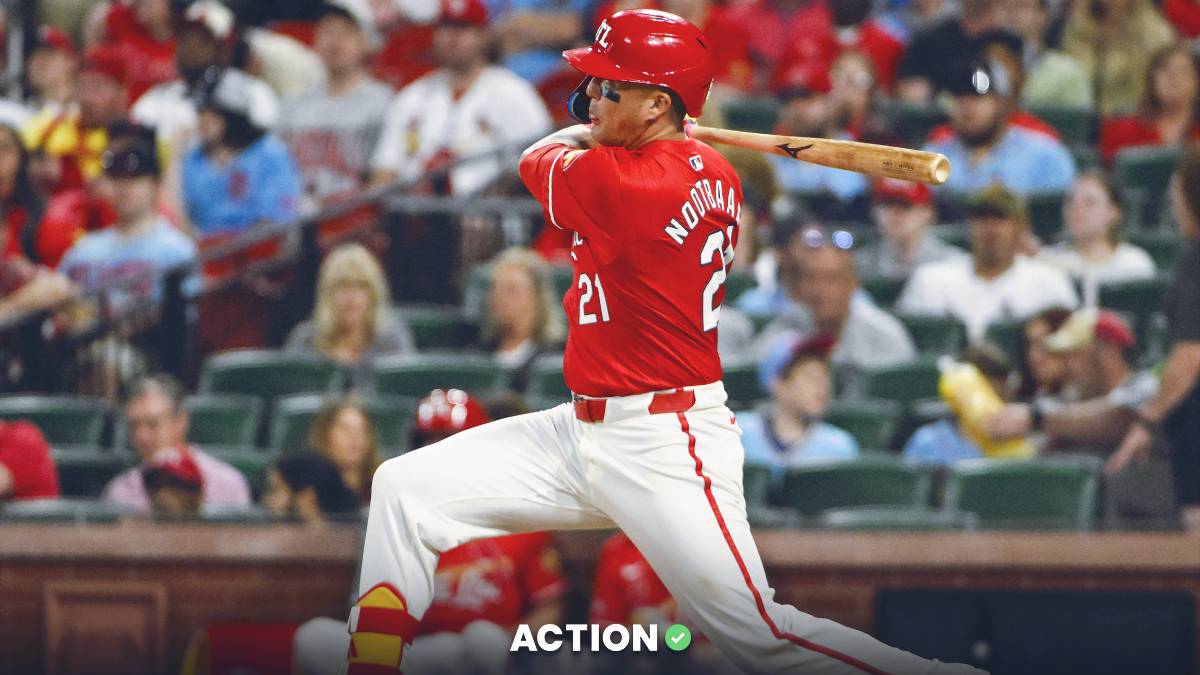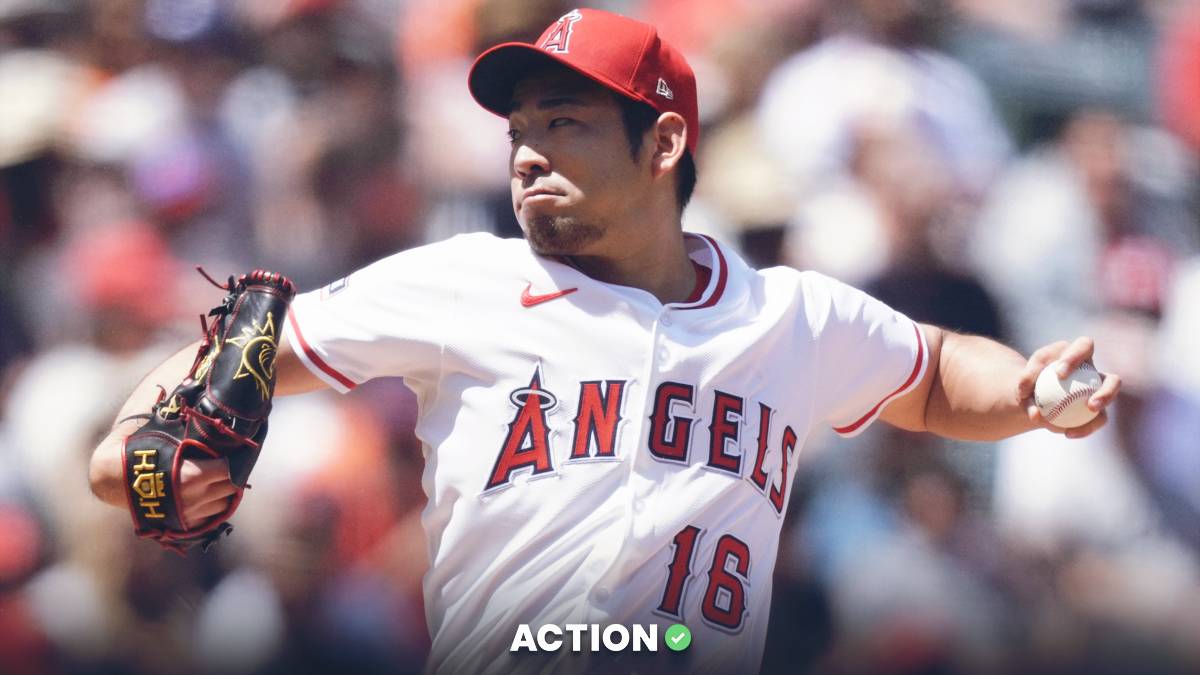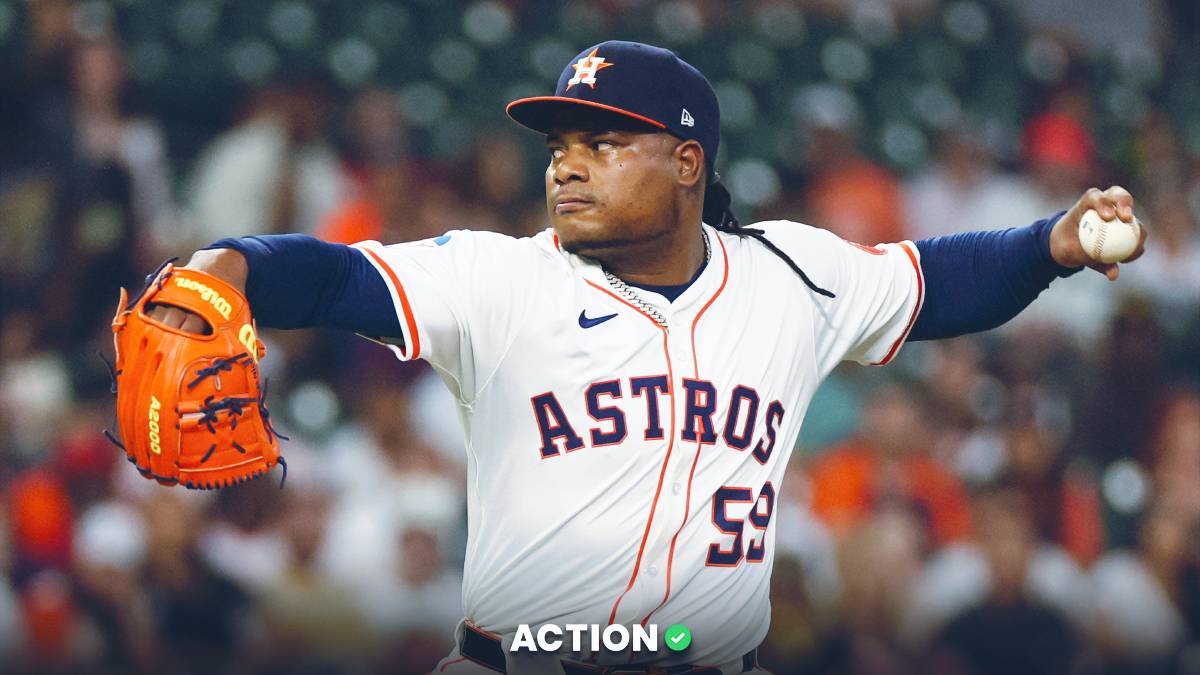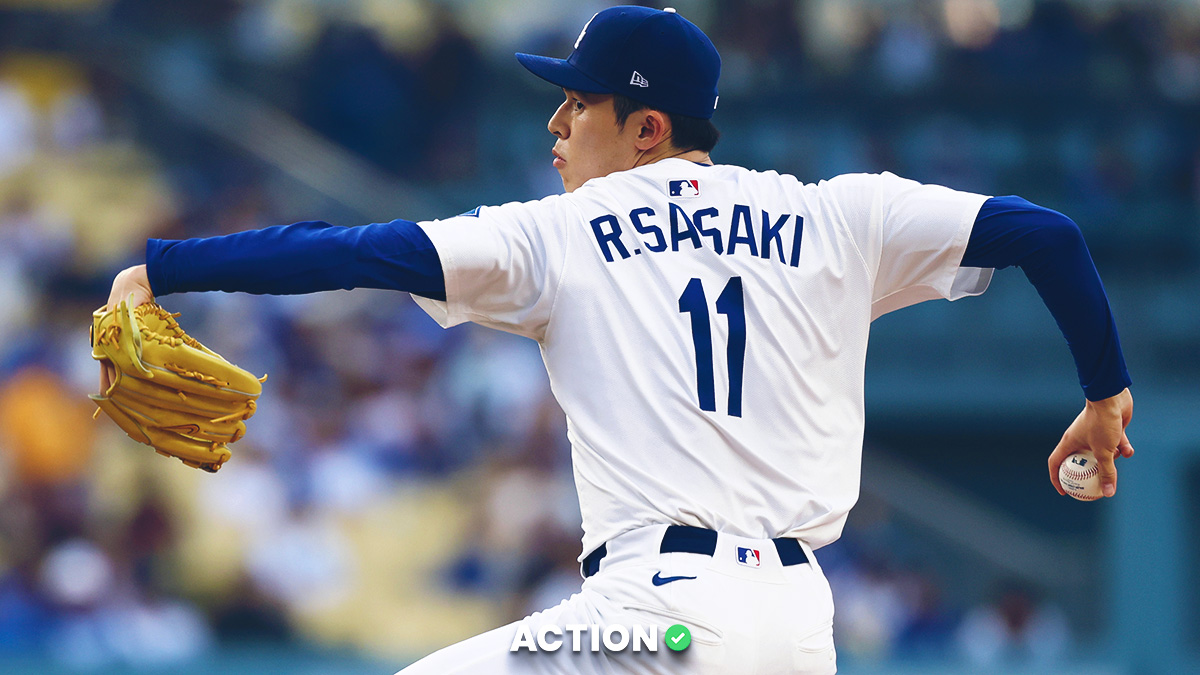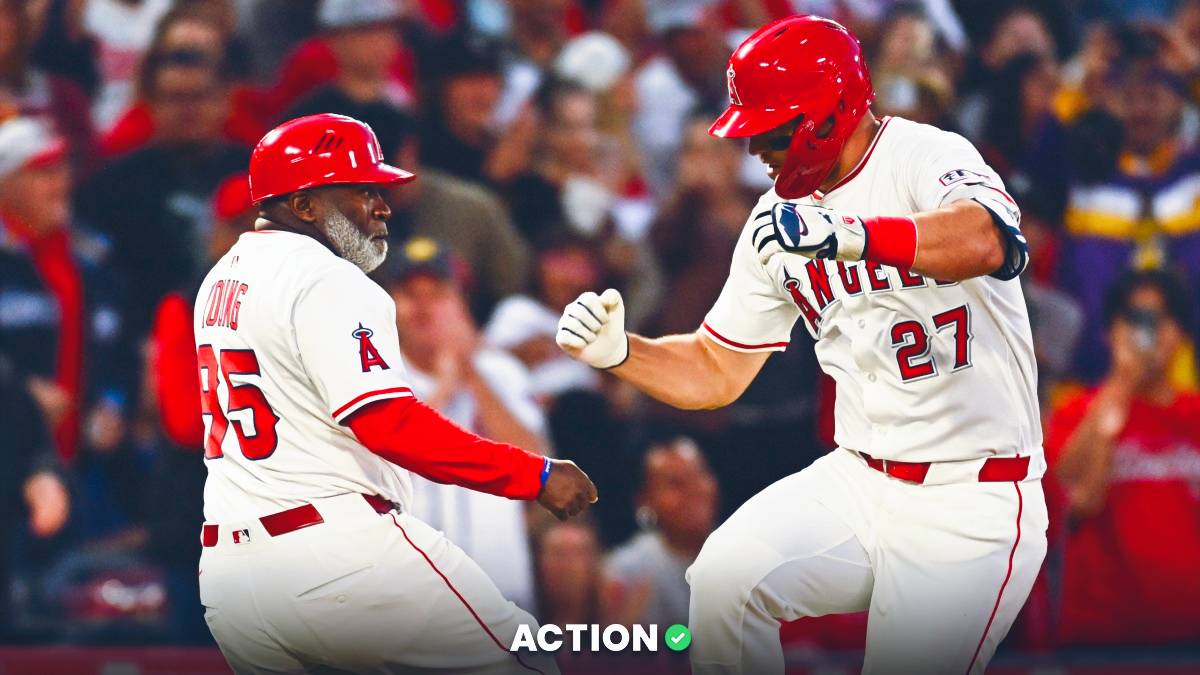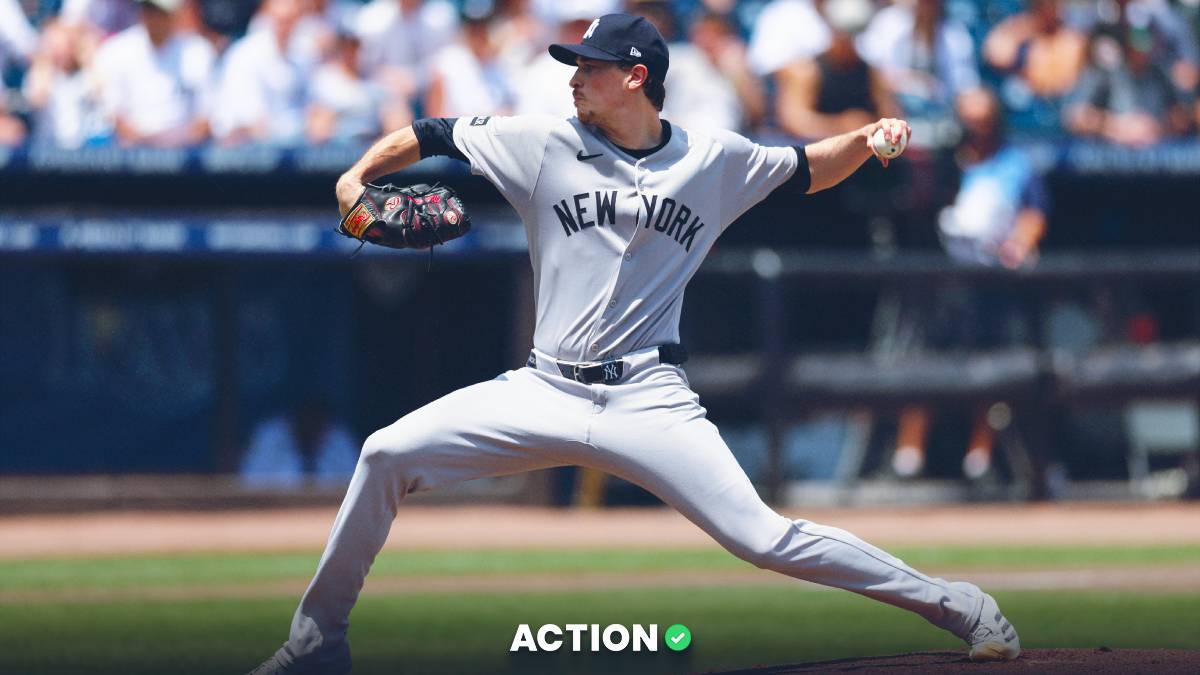We started the week off on a high note, going 3-1 on a limited Monday slate of baseball. With a full board to choose from on Tuesday, let's see if we can keep the momentum going today.
The Model
The process is relatively simple. First, I start by assuming that the full game (implied) run totals for either team are roughly efficient. As mentioned above, that tends to be the case more often than not. This saves me the trouble of trying to predict the total runs scored in the game — and allows me to focus strictly on the "when" rather than "how many."
Next, I built a database of pitchers' performance the first time through the order, relative to their overall stats. Since the latter is presumably baked into the full game total, I wanted to figure out if those runs are more likely to come early or late. Most — but not all — MLB starters do somewhat better early in games, but with some variance in just how much. The model uses xFIP (expected Fielding Independent Pitching) as the ERA predictor of choice.
That's only half of the equation, though, with the offenses making up the other half. To do this, I looked at what percentage of a team's total runs is produced by the top three batters in the lineup. While a first-inning run scored, by definition, needs at least four hitters to come to the plate, one of the first three has to actually score it. The metric of choice here is wRC+, based on the projected lineup for the day from each team.
This is a bit of a tradeoff, as lineups (and run totals) can shift throughout the day, especially if significant contributors miss time. However, in my experience, the inefficiency of the morning lines more than makes up for the leakage in the model. With that said, exercise caution if, say, Mike Trout is listed as questionable for the night's game.
The Picks
With all of the picks below, I'll include the pick, the best line and the threshold I'd bet it to. These will go up in the morning, so if any major news breaks between publishing and when you read it, be sure to consider that.
Infrequently, rather than betting on the traditional YRFI/NRFI, the pick will be on one team or the other specifically to score a run, which as of this writing is only a betting option at DraftKings. Since the model handles each team individually, sometimes one team is projecting for a greater proportion of the "run equity" in the first inning than the betting lines are accounting for.
NRFI Odds, Picks for Tuesday, June 27
Baltimore Orioles vs. Cincinnati Reds YRFI: Reds starter Andrew Abbott has made only four big-league appearances, but he's been far worse early in those games than late. Even using a conservative projection on his splits has this as a good value, though, since both teams involved rank inside the top 10 in "top heaviness."
Pick: Orioles-Reds YRFI |
Pittsburgh Pirates vs. San Diego Padres YRFI: This is another game featuring two top-10 offenses in terms of the production from their first three hitters, with San Diego also on the correct side of its platoon splits against left-hander Rich Hill.
Editor's note: Yu Darvish was scratched from tonight's start because of illness. Reiss Knehr will start for the Padres.
Boston Red Sox vs. Miami Marlins YRFI: This game has a 9.5-run total, and BoSox starter Garrett Whitlock has awful stats the first time through the order — with a large enough sample size to feel reasonably good about that statement.
Pick: Red Sox-Marlins YRFI |
Atlanta Braves vs. Minnesota Twins NRFI: Our only NRFI of the day comes in a game with a nine-run total — but two starters with excellent early-game splits. It's risky given the quality of the offenses involved (especially Atlanta), but that's why we're getting plus-money.
Colorado Rockies vs. Los Angeles Dodgers YRFIs: Given the big juice on the game line, my preferred option is to put a half-unit on each team's individual YRFI lines at DraftKings. Colorado is a whopping +240, with the Dodgers at +140. That way, we turn a slight profit if either team scores and a big one if both teams do, all while risking just one unit.


